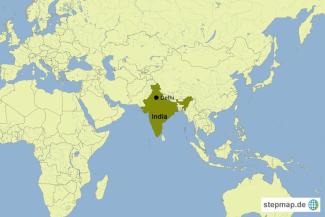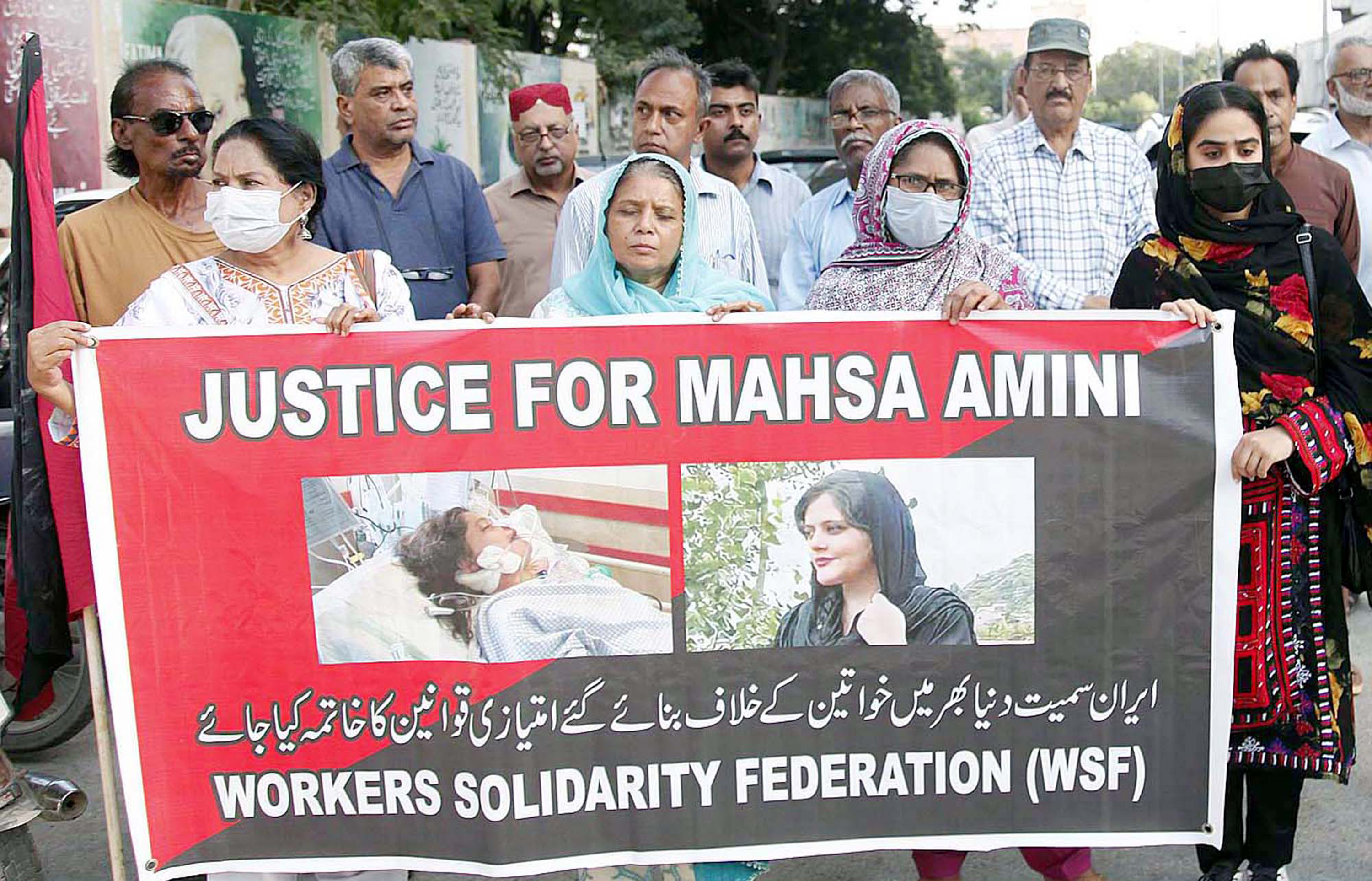Discrimination
A matter of pride

The Delhi Queer Pride March always takes place on the last Sunday of November, when in the pleasant sunshine of early winter, young and old people gather to demand the right to love freely. Protestors walk and dance towards Jantar Mantar, the place famous for all protests in the Indian capital, all the while trying to spread awareness about the rights of people who are LGBT (lesbian, gay, bisexual or transgender) and encouraging people to join the ‘march of love’.
Vandana, a middle-aged woman marching along, maintained that “I am straight, but I am here to show my support to people who are not able to freely express themselves sexually because of the restrictive laws in India.” Anukriti Gupta, a young student from Ashoka University, came to show solidarity. “My classmate is a gay,” she said. “If his parents get to know about his orientation, then his family will disown him. But why? I am here to support him and anyone else who just wants to have the freedom to express their sexuality. Section 377 needs to be repealed.”
Section 377 of the Indian Penal Code is the much-debated law which makes sexual relations between persons of the same gender punishable by law. This section of the law was declared unconstitutional by the High Court of Delhi in 2009, but the judgement was overturned by the Supreme Court of India in 2013. According to the court, amending or repealing of this section was a matter that had to be left to the Parliament. Even the Indian Finance Minister Arun Jaitley recently said: “When you have millions of people involved in gay sex, you can’t nudge them off.” He added that the Supreme Court had taken a “conservative view.”
However, the Pride March this year included some broader issues too. The pre-event statement declared that the LGBT struggle “cannot be isolated from other forms of violent suppression of rights” – for instance, regarding caste, class, religion, disability or the ability to express dissent.
Akansha agrees with this. The young student was there to “march in solidarity with love, for all the freedoms under threat: freedom to eat what I like, wear what I like, move around at any time and in any way.” In between painting rainbow colours and hearts on the faces of rally participants, Serena – a Spaniard living in India – chipped in: “I wish there was a Pride March once a week. At least there would be more love in circulation!”
Roli Mahajan is a freelance journalist and photographer. She lives in Delhi, India.
roli.mahajan@gmail.com
Links:
Delhi Pride:
https://www.facebook.com/events/1652494555015291/
http://delhipride.org/













